Advertisement
Ever found yourself staring at a box of Settlers of Catan, wondering where to even begin? Or maybe you’ve tried drawing an image based on your imagination but couldn’t quite get it right. That’s where ChatGPT’s “My GPTs” come in. These bots are like your personal sidekicks—fine-tuned to help with specific tasks, whether it's teaching you how to play a game or turning your ideas into pictures.
Think of them as ready-made helpers, created by others or built by you, designed to respond in ways that match your goals. You don’t need to be a tech expert. You don’t even need to know how AI works behind the scenes. You just pick the right bot for the job—or make one that fits you. Let’s break down how you can use them to make learning, creating, and experimenting easier and more fun.
Board games are fun—once you know how to play. But learning them? That’s where most people get stuck. Rules can be overwhelming, and watching long videos doesn’t always help. With a My GPT bot, you get direct, on-the-spot answers tailored to how you ask. Say you’ve just opened Wingspan. You can chat with a custom bot trained to walk you through each step—from setup to scoring.
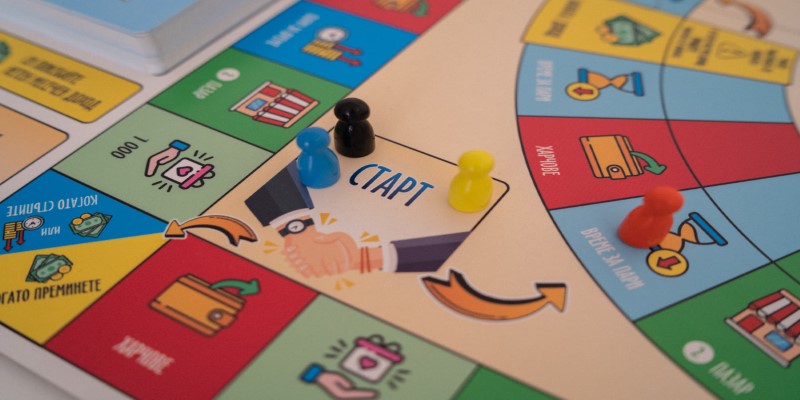
There are already bots trained on popular games like Codenames, Carcassonne, and Azul. They don’t just tell you the rules—they help you understand them, piece by piece. And if you’re someone who plays solo or needs to teach a group quickly, it saves a ton of time.
You can. You upload the rulebook, describe the tone you want (e.g., casual or detailed), and it's ready to help. No code is needed.
You've got an idea for a sci-fi cityscape or a logo for your homemade card game. But design tools are confusing, and maybe drawing isn't your thing. With My GPTs, you can create a bot that generates the exact images you're looking for just by describing them.
For example:
These bots use built-in image tools. Some are focused entirely on one style—like pixel art or oil painting. Others combine design advice with image generation so they can guide you while creating your visuals.
You’re not just clicking buttons and hoping it works. You’re chatting with a bot that gets your vision and shapes the result around your feedback. If it’s not quite right, you can describe what to change—no need to start over.
And yes, you can build your image bot, too. Just tell it what type of images you want it to create, and it'll know what to do. Many people are using this to make comics, concept art, character designs, and game assets.
What makes My GPTs really stand out is how specific they can get. Some bots teach you how to write better stories, help you code, recommend recipes based on your fridge, or give you language tips using your preferred learning style. You can even make a bot that talks like your favorite author or thinks like a chess master.
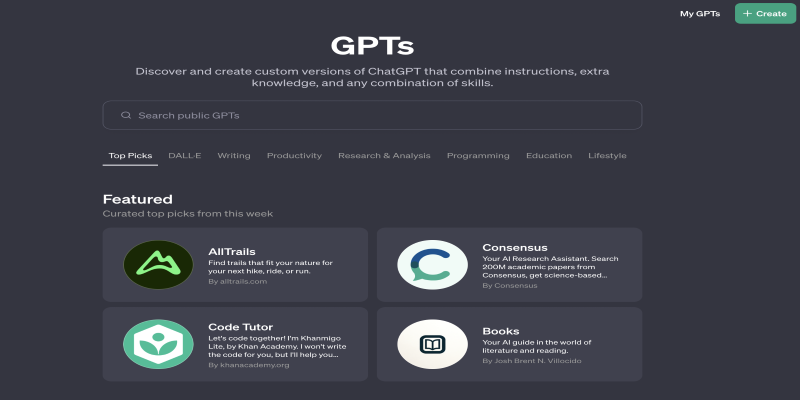
Some examples people are already using:
The cool thing is how personal it can be. These bots aren’t general-purpose—they’re built for one goal and shaped around how you like to work. And if you’re someone who learns better through conversation, they’re surprisingly good at keeping things clear and natural.
You don’t have to build your own GPT bot—but if you want to, it only takes a few minutes.
Here’s how it works:
And if building one isn’t your thing, just search the Explore section. People have already made bots for learning board games, making digital art, editing text, and more. You can favorite the ones you like and use them any time.
What’s nice is you don’t need a different app. Everything’s right inside ChatGPT. It’s not just a chat anymore—it’s a toolkit.
If you’ve ever wanted to learn something faster, get creative without hitting a wall, or just make your work a little smoother, these bots are worth trying. They aren’t magic, but they’re close—especially when they’re built with your exact needs in mind. "My GPTs" aren't about making you do more. They're about helping you do the same things better—on your terms.
Give one a try. Or build one that feels like it gets you. You don’t need to be technical to start. Most tools walk you through it, step by step. And if one doesn’t work for you, there are plenty of others that might. The real value shows up when the tool fits into your life without getting in the way.
Advertisement

Ever wondered how you can make money using AI? Explore how content creators, freelancers, and small business owners are generating income with AI tools today
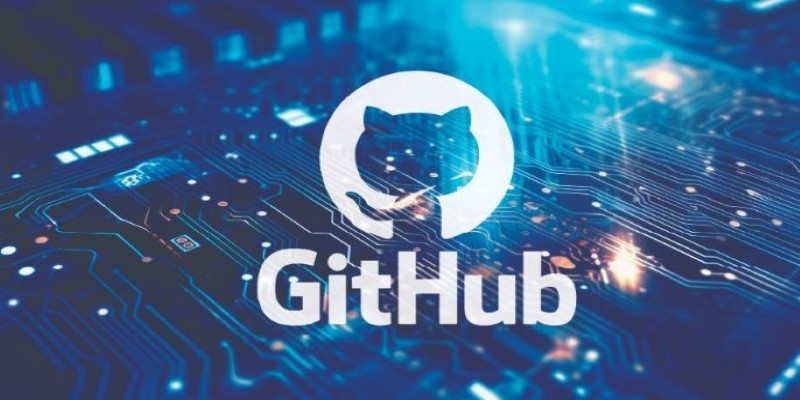
Say goodbye to small coding errors and hello to GitHub’s Autofix. Learn how this AI-powered feature automatically finds and fixes bugs, saving time and boosting your code quality
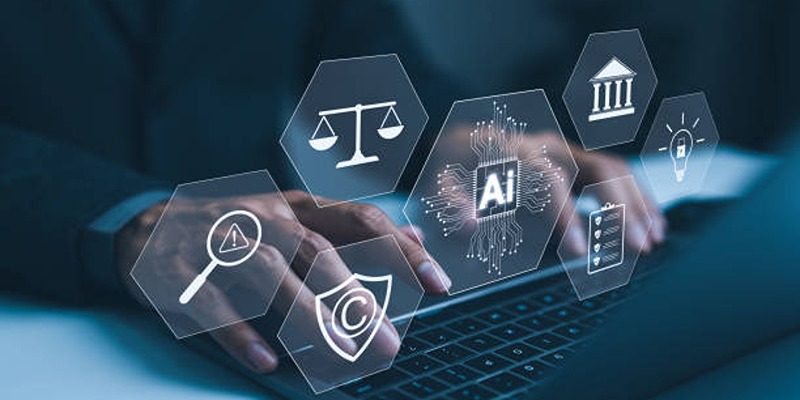
Learn why exploding interest in GenAI makes AI governance more important than ever before.
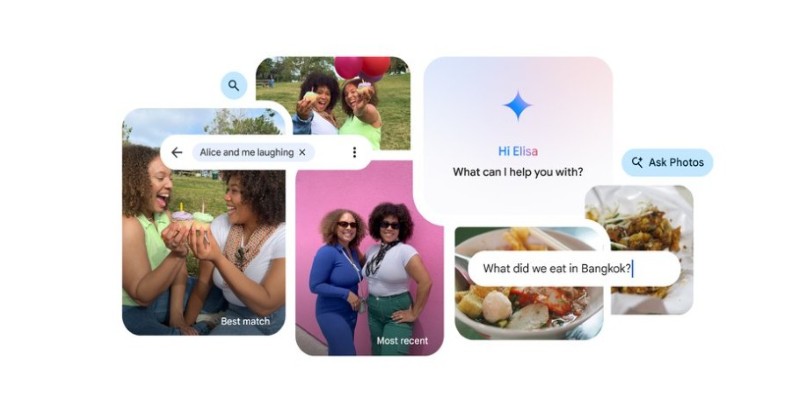
Ever wish your photo app could just understand what you meant? Discover how Google’s ‘Ask Photos’ lets you search memories using natural questions and context

Learn here key security challenges and practical solutions for protecting AI and edge computing systems from cyber threats

How to use the Nightshade AI tool to protect your digital artwork from being used by generative AI models without your permission. Keep your art safe online

Empower sales teams with AI-driven automation, data insights, and personalized strategies to boost staff performance and results
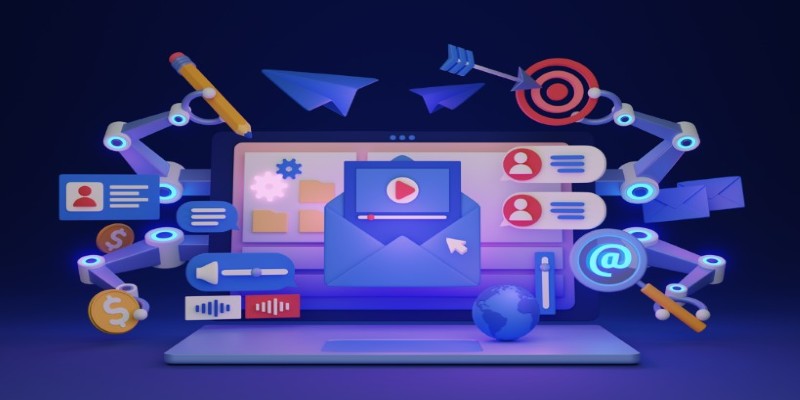
Struggling to keep up with social media content? These AI tools can help you write better, plan faster, and stay consistent without feeling overwhelmed
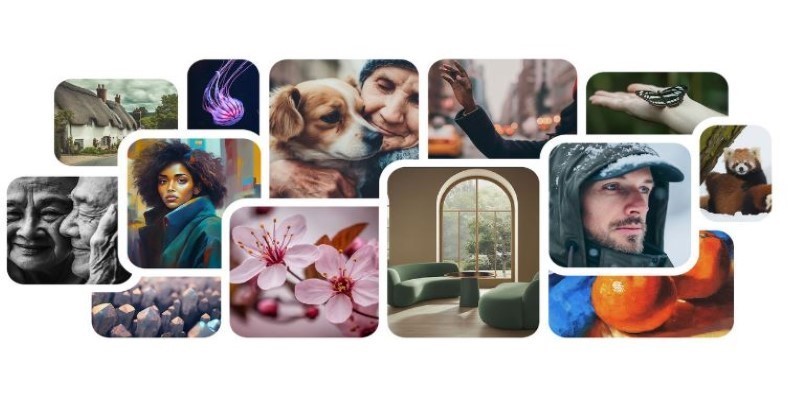
Ever wondered how to turn a simple text prompt into a beautiful image? Learn how Imagen 2 by Google DeepMind can help you create stunning visuals in just a few steps
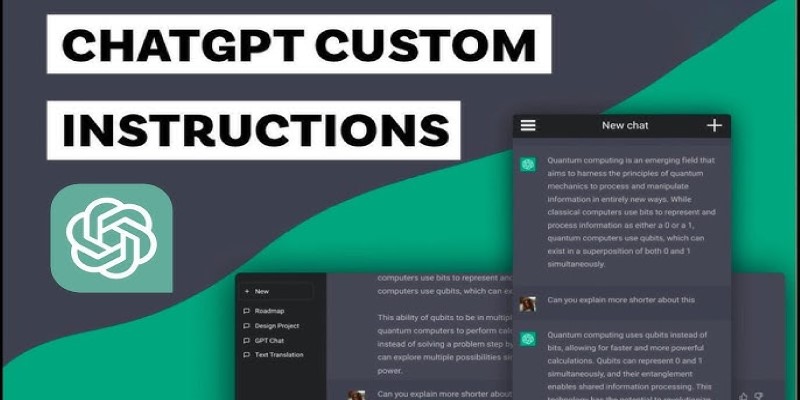
Want to make ChatGPT work better for you? Check out the five most effective ways to use custom instructions and personalize your chats for smarter responses
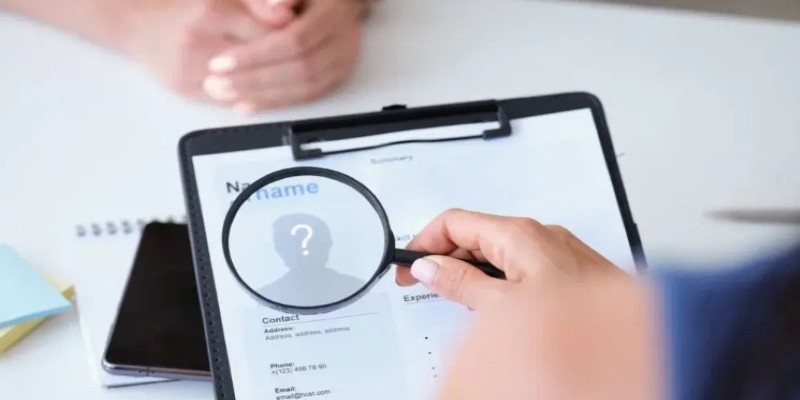
Applying to the Big 4? Learn how Overleaf and ChatGPT help you build a resume that passes ATS filters and impresses recruiters at Deloitte, PwC, EY, and KPMG
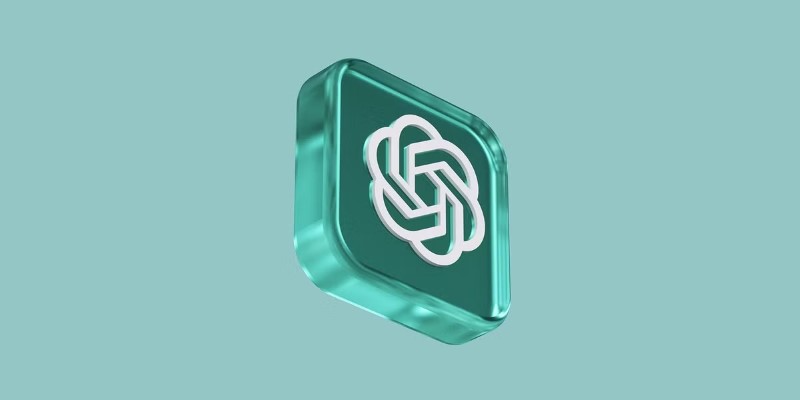
From solving homework problems to identifying unknown objects, ChatGPT Vision helps you understand images in practical, everyday ways. Here are 8 useful ways to try it